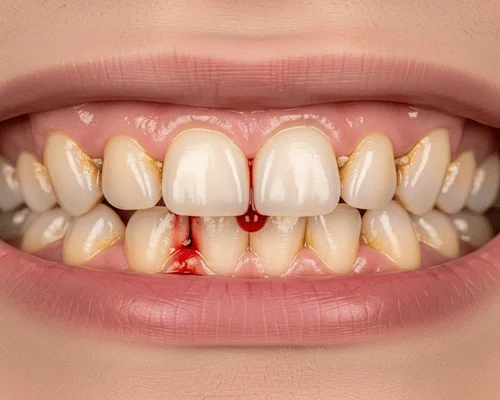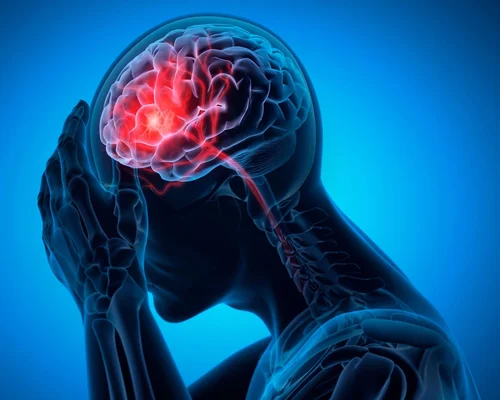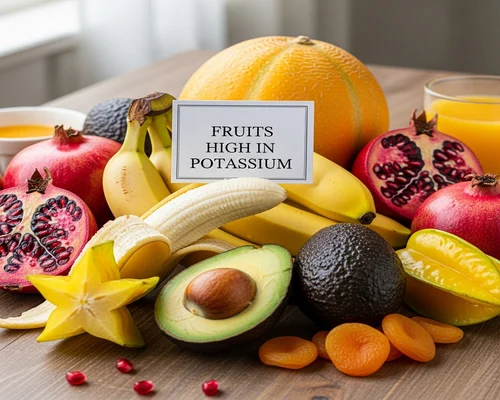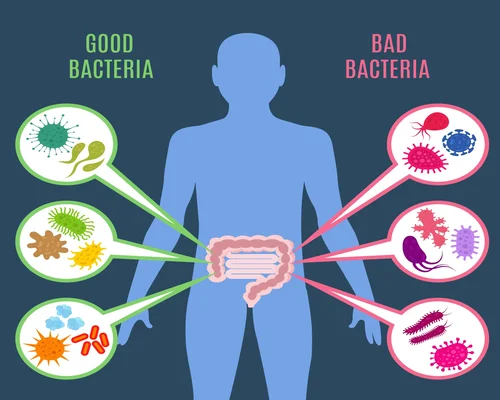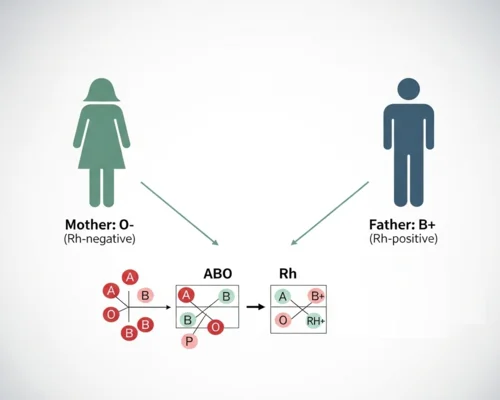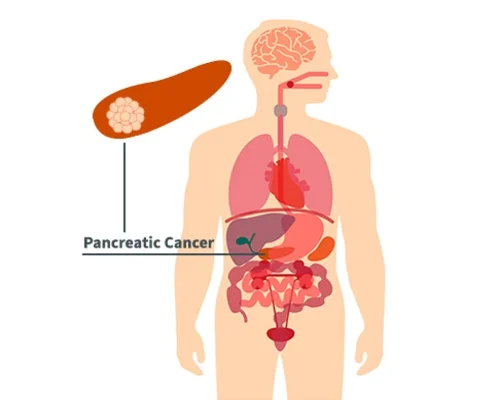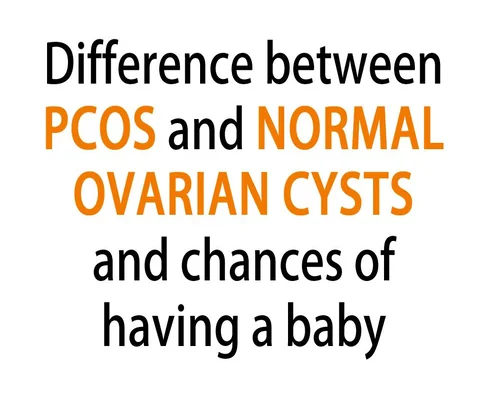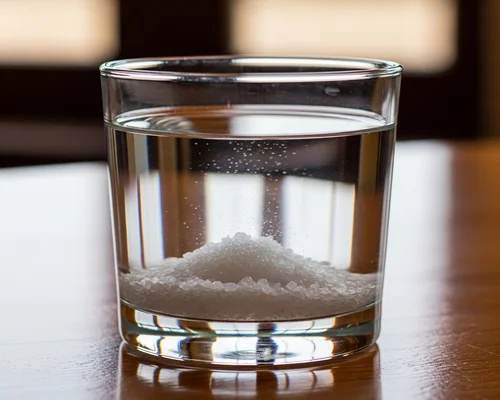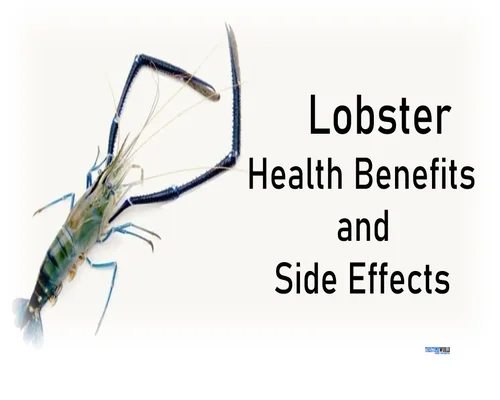
Lobster health benefits and side effects
Health Benefits of Eating Lobster and disadvantages
Lobster is a type of marine animal whose head is encased in a thick and hard shell. It is a family of shrimps known as Arthropoda. The importance of such prawns as seafood is immense.
Lobster health benefits
Lobster is a delicious and nutritious seafood option that offers a variety of health benefits when consumed as part of a balanced diet. Here are some potential health benefits of lobster:
Vitamins: Lobster is a source of vitamin C, vitamin B-12, vitamin D, etc., which help in various functions of the body.
Minerals: Lobster provides adequate amounts of some important minerals like selenium, zinc, phosphorus etc.
Protein Source: Lobster provides protein. Protein is important for body and brain power.
Amino Acids: Lobster can be a good source of amino acids, which the body needs in adequate amounts.
Rich in Protein: Lobster is a good source of high-quality protein, which is essential for supporting the immune system.
Low in fat: Lobster is relatively low in fat and calories. This makes their calories a healthy protein alternative.
Rich in vitamins and minerals: Lobster provides essential vitamins and minerals like vitamin B12, zinc, selenium and phosphorus. Vitamin B12 is essential for nerve function and red blood cell production.
Omega-3 Fatty Acids: Lobster contains omega-3 fatty acids, known for their heart-healthy benefits. Omega-3s can reduce inflammation, reduce the risk of heart disease, and support brain health. Lobster can be a great source of omega-3 fatty acids, which are good for heart and brain health.
Promotes healthy skin: Lobster vitamins and minerals, vitamin E and zinc contribute to healthy skin. Zinc, in particular, is known for skin health and wound healing.
Boosts immunity: Lobster contains selenium which plays an important role in the proper functioning of the immune system.
Supports Thyroid Health: Lobster is a good source of iodine, which is essential for thyroid health. Adequate iodine intake is necessary for the production of thyroid hormones that regulate metabolism.
Mental health: Mineral and vitamin preparations can improve mental health, which is good for stress and depression.
May improve mood: The omega-3 fatty acids found in lobster have been linked to improved mood and reduced symptoms of depression and anxiety.
However, it is important to note that lobster is relatively high in cholesterol, so individuals with high cholesterol levels or certain cardiovascular conditions should consume it in moderation. In addition, some people may be allergic to lobster, so it is very important to be aware of any allergies before including lobster in the diet.
Lobster Side Effects
Although lobster is a delicious and nutritious seafood for many people, there are some considerations and potential side effects associated with its use:
Allergic reactions: Allergies to lobster and shellfish are relatively common. Allergic reactions to lobster can range from mild symptoms such as itching and hives to severe reactions such as difficulty breathing, swelling of the throat, and anaphylaxis, which is an allergic reaction. People with allergies should avoid lobster.
High Cholesterol: Lobster is relatively high in cholesterol. People with high cholesterol or at risk for heart disease should eat lobster and other high-cholesterol foods in moderation.
Purine content: Lobster, like other seafood, contains purines. A high intake of purine-rich foods can raise blood uric acid levels, which can trigger gout attacks in people prone to the condition.
Sodium content: Lobster, especially when prepared in certain ways, can be high in sodium. Excessive sodium intake can contribute to high blood pressure and other cardiovascular problems. People on sodium-restricted diets should be careful about their lobster consumption.
Bacterial contamination: As with all seafood, improper handling, cooking, or storage of lobster can lead to bacterial contamination, which can cause foodborne illness. Ensuring lobster is well cooked and stored at the correct temperature is important to reduce the risk of foodborne illness.
Shellfish poisons: Some types of shellfish, including lobsters, can sometimes contain harmful toxins that can cause poisoning if not properly prepared or stored. Symptoms may include nausea, vomiting, diarrhea, and abdominal pain.
It is important to harvest lobster, ensure proper cooking and storage, and be aware of any allergies or health conditions that may be affected by eating lobster.
As with any food, it is best enjoyed as part of a balanced diet to reap its nutritional benefits while maintaining overall health and wellness.
Lobster recipe-
Necessary materials:
- Lobster – 7 p.m.
- Chilli powder – 1 teaspoon
- Turmeric powder – 1/2 teaspoon
- Onion Bata – 2
- Garlic paste – 4 cloves
- Ginger paste – 1 teaspoon
- Chopped green chillies – 2
- Chopped Coriander – 1 Tablespoon
- Lemon juice – 1 tablespoon
- Salt – As expected
- Oil – 2 tbsp
Prepared:
- First, clean the lobsters by de-shelling and de-veining them.
- Now add onion-garlic-lemon juice-chilli-turmeric powder-ginger batter to the lobster and keep it for at least 1/2 hour.
- Add the spiced prawns on it. Then cook on low flame for 4 minutes in turn.
- When fried add 1 cup of water.
- Add enough salt in it.
- Now cover and cook for a while.
- Now when it is boiled, add green chillies and chopped coriander leaves.
------
tags-lobster health benefits and side effects, disadvantages of eating lobster




-vegetable.webp)
